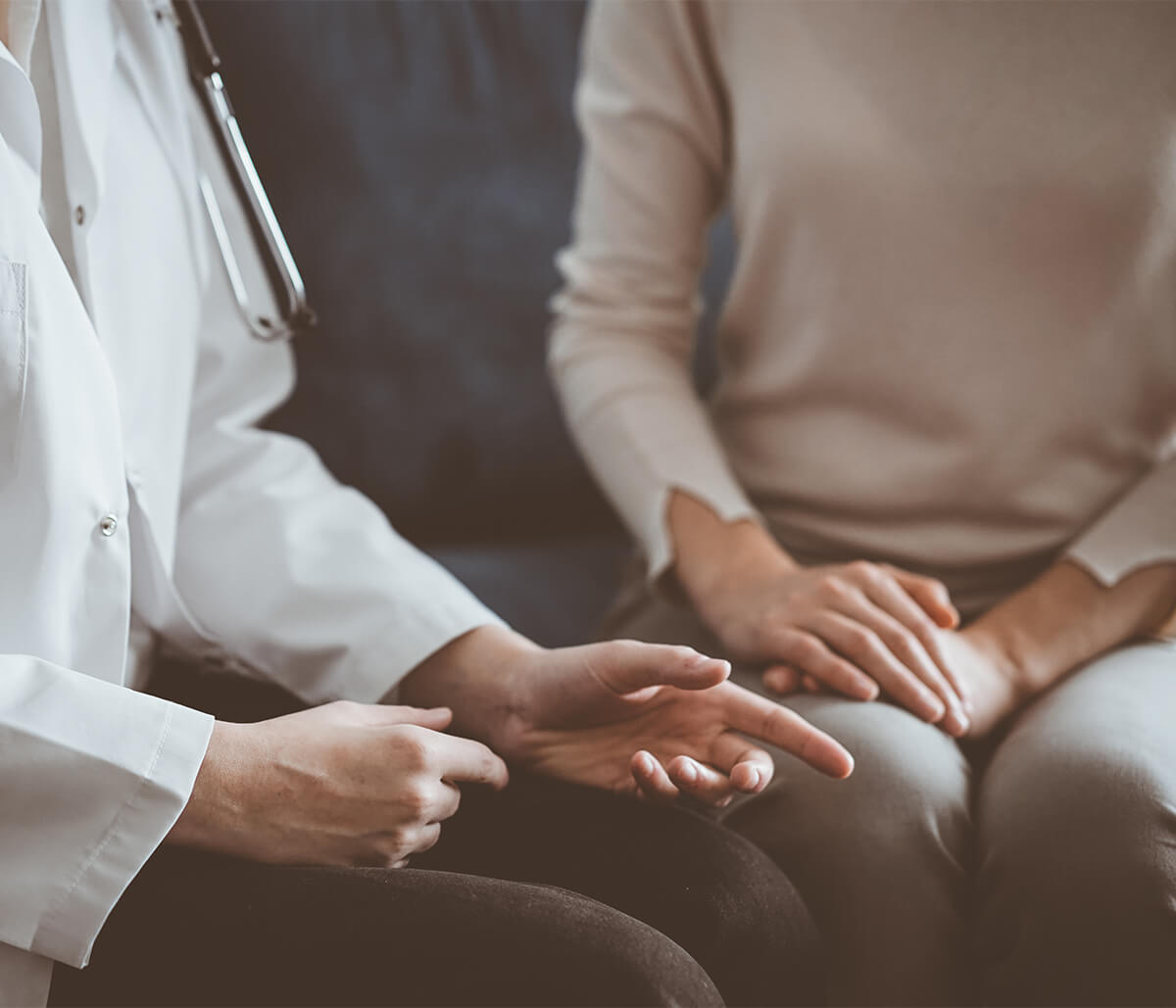
In the world of preventive healthcare, colonoscopies stand as a crucial tool for maintaining optimal well-being. As a gastroenterologist in Brooklyn, New York, Dr. Alexander Shapsis recognizes the significance of these procedures in safeguarding your health and believes that educating patients about them helps alleviate some of the stigma that can be associated with them. Let’s delve into the essentials of colonoscopies, offering insights to alleviate any concerns and empower you to make informed decisions about your health.

The Basics of Colonoscopies
Colonoscopies are diagnostic procedures designed to examine the colon and rectum for signs of irregularities such as polyps, inflammation, or early signs of colorectal cancer. It is performed with a slender, flexible tube equipped with a camera, known as a colonoscope, which is gently inserted into the colon.
Why Colonoscopies Matter
Routine colonoscopies are pivotal for early detection and prevention. They enable physicians to identify and remove precancerous polyps, reducing the risk of colorectal cancer. By addressing potential issues before they escalate, colonoscopies serve as a proactive measure in maintaining your overall health.
Who Should Be Getting Colonoscopies
- Age Consideration: Individuals aged 45 and above are generally recommended to undergo regular colonoscopies. Screenings may begin earlier for individuals with a family history of colorectal cancer or specific risk factors.
- Family History: Individuals with a family history of colorectal cancer, especially in first-degree relatives, should consider colonoscopies earlier and at more frequent intervals.
- Personal Health Factors: People with conditions such as inflammatory bowel disease (IBD) or a personal history of colorectal polyps may be advised to undergo colonoscopies more frequently to monitor and manage their health effectively.
Preparing for the Procedure
Understanding the preparation process is key to a successful colonoscopy. Your doctor will provide detailed instructions, often involving dietary restrictions and a bowel-cleansing regimen. While the preparation may seem rigorous, it ensures a clear view of the colon during the procedure, enhancing its effectiveness.
During the Colonoscopy
The procedure is relatively quick, typically lasting between 30 and 60 minutes. Patients are usually sedated to minimize discomfort. The colonoscope is carefully maneuvered through the colon, allowing the physician to examine the lining for any abnormalities thoroughly. If polyps are detected, they can be removed during the procedure.
After the Procedure
Patients may experience bloating or gas post-colonoscopy, but these side effects are temporary. Your doctor will discuss the findings with you and provide recommendations based on the results. If no issues are identified, a follow-up schedule will be determined for ongoing preventive care.
Embracing Preventive Healthcare
Colonoscopies offer a proactive approach to maintaining wellness. Regular screenings, as your healthcare provider recommends, play a vital role in identifying potential issues early, enabling timely intervention.
At Atlantic Gastroenterology in Brooklyn, NY, we want to be your healthcare partners by emphasizing the importance of understanding and embracing colonoscopies as a fundamental aspect of your well-being. By demystifying the process and recognizing its pivotal role in preventive care — you are actively investing in a healthier future. If you would like to schedule an appointment, call us at 718 521-2840.
Share this Article
Discover more from reviewer4you.com
Subscribe to get the latest posts to your email.





